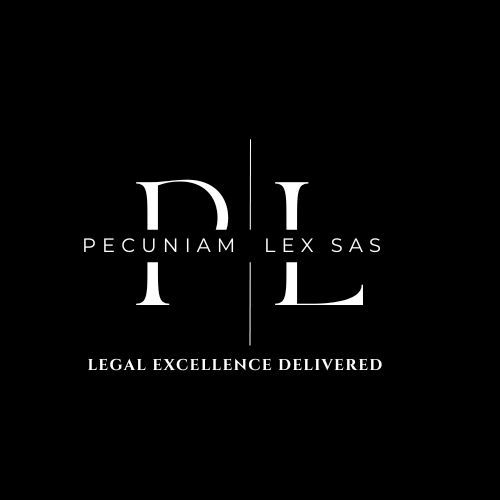Mastering the Escrow Agreement Process: A Strategic Guide
Phillips J. Diaz-Vicioso LL.M.
March 27, 2014
The Lawyer’s Cabinet (1643) by Dirck Van Delen

In the intricate dance of business transactions, an escrow agreement stands out as a pivotal move ensuring both parties perform their obligations with confidence. This financial arrangement, where a third party holds and regulates the payment of the funds required for two parties involved in a given transaction, serves as a safety net, guaranteeing that no asset or money changes hands until all terms of the agreement are met. Here, we unravel the process of setting up an escrow agreement, highlighting the strategic benefits without veering into advertisement territory.
Understanding Escrow Agreements
An escrow agreement involves three key players: the buyer, the seller, and the escrow provider. The escrow provider’s role is crucial; they hold the buyer’s payment until the seller fulfills the agreed-upon terms, ensuring a smooth and secure transaction. This arrangement is common in various transactions, including real estate deals, online sales, and mergers and acquisitions.
Steps to Setting Up an Escrow Agreement
Identifying the Need for Escrow
The first step involves recognizing the transaction’s complexity and the potential risks to both parties. Whether it’s a high-stake deal or one requiring specific performance conditions, an escrow can mitigate the inherent risks.
Choosing the Right Escrow Provider
Selecting a reputable escrow provider is critical. Look for a provider with a strong track record, expertise in your specific transaction type, and robust security measures. It’s essential to choose a provider that ensures neutrality and has the necessary legal and financial infrastructure to manage the escrow process effectively.
Drafting the Escrow Agreement
The escrow agreement should clearly outline the terms of the transaction, including the conditions under which the escrow agent will release the funds to the seller. This requires precise, unambiguous language detailing the obligations of all parties, the timeline for the transaction, dispute resolution mechanisms, and any conditions precedent for the release of funds.
Negotiating Terms
Both the buyer and seller must agree on the escrow terms. This negotiation phase is crucial for setting clear expectations and addressing any concerns either party may have. It’s during this stage that the specifics of the agreement are fine-tuned, including the responsibilities of the escrow provider, the conditions for releasing funds, and the duration of the escrow.
Finalizing and Executing the Agreement
Once the terms are agreed upon, all parties, including the escrow provider, sign the escrow agreement. This formalizes the arrangement and enables the transaction to proceed under the agreed-upon security measures. The buyer then deposits the funds with the escrow provider, marking the official start of the escrow process.
Monitoring and Compliance
Throughout the transaction, the escrow provider monitors compliance with the agreement’s terms. This involves verifying the fulfillment of conditions, managing the funds according to the agreement, and communicating with both parties about the progress towards completing the transaction terms.
Completing the Transaction
Upon the successful fulfillment of the agreement terms by the seller, the escrow provider releases the funds to the seller, completing the transaction. Should disputes arise, the escrow provider may also play a role in facilitating resolution based on the pre-defined mechanisms in the agreement.
The Role of Our Services
While our primary role is not to serve as the escrow provider, we offer comprehensive advisory services to guide you through the escrow process. Our expertise includes assisting in the drafting of escrow agreements, offering legal insight into the negotiation of terms, and providing strategic advice on selecting the right escrow provider for your specific needs. We’re here to ensure your transaction is secure, transparent, and executed smoothly, aligning with the strategic goals of your business.
Conclusion
Setting up an escrow agreement is a strategic step in securing transactions and protecting the interests of all parties involved. By following a structured process—from identifying the need for escrow to choosing a provider and negotiating terms—businesses can navigate complex transactions with confidence. With the right support and expertise, including the advisory services we offer, establishing an escrow agreement can be a straightforward path to securing your business dealings.












